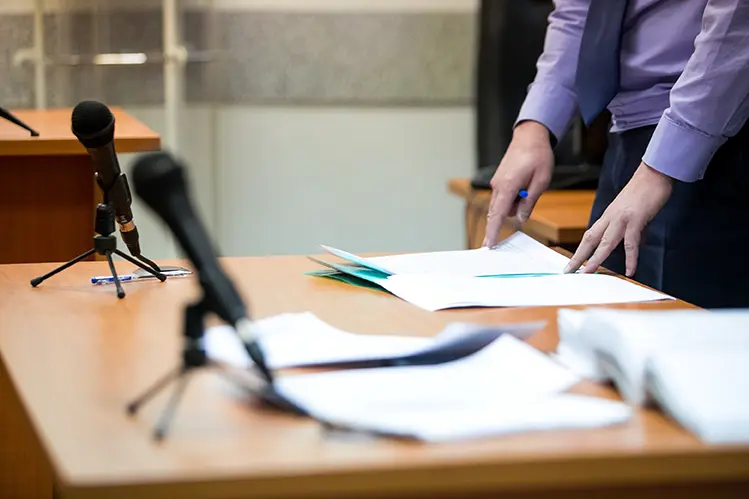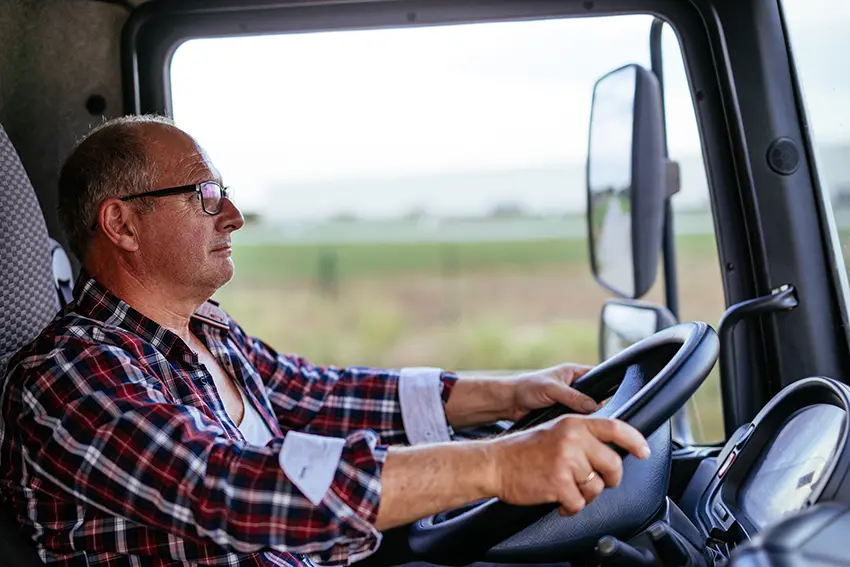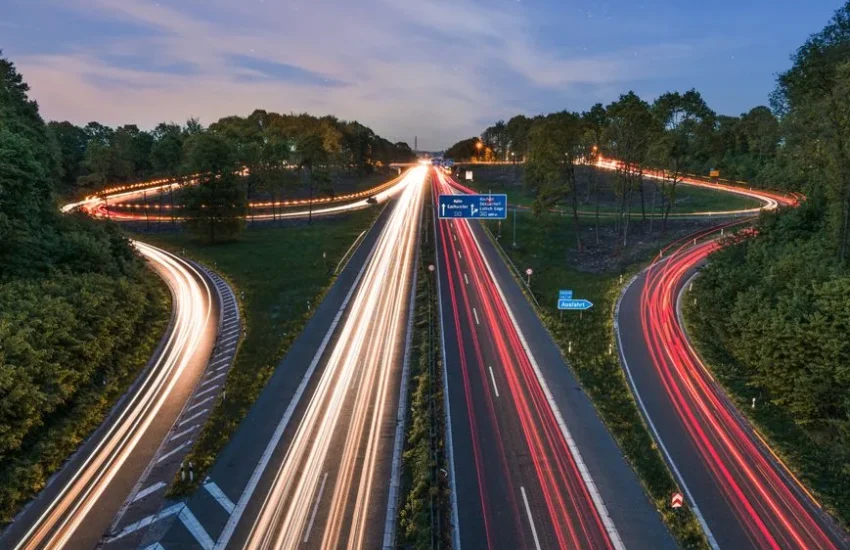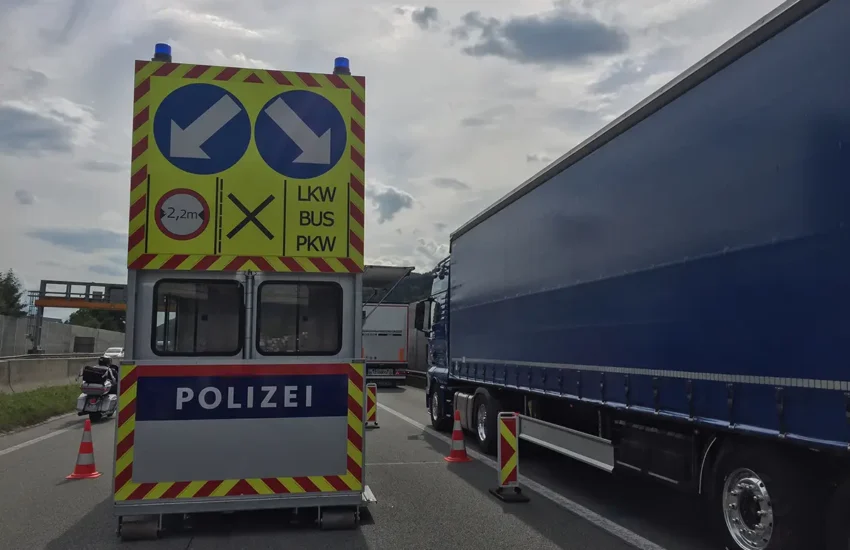If you are one of the many transport operators who pays drivers overnight subsistence (“night-out” allowance) you may also be one of the many who …
Read MoreCalled to a Traffic Commissioner Public Inquiry? Get expert legal representation from public inquiry solicitors.
Being called to a Traffic Commissioner Public Inquiry can be a nerve-wracking experience. It can have a catastrophic effect on your business and your reputation. It’s crucial to get legal advice at the first opportunity.
Our transport lawyers specialise in representing operators and transport managers of HGV and PSV businesses at Traffic Commissioner Public Inquiries across the UK. Fixed fees are available.
Call us now for a free initial consultation on 0115 9106239 or email transport@keepmeontheroad.co.uk.
Reasons to hold Traffic Commissioner Public Inquiries
A public inquiry is a type of court hearing held by the Traffic Commissioner. You can be called to public inquiry because of:
- Maintenance and roadworthiness failings
- Tachograph and drivers’ hours offences
- Failing to keep proper records
- Insufficient financial standing
- Environmental complaints
- Criminal convictions
- Concerns about your good repute, including criminal convictions and poor conduct
You can also be called to Public Inquiry if you are applying for a new operator’s licence, or if you are a Transport Manager attached to a licence.
Possible outcomes of the inquiry
Traffic Commissioners have very wide powers over your licence, whether it’s a goods vehicle (HGV) licence or public service vehicle (PSV) licence. As a result, they can:
- Revoke your licence
- Suspend your licence
- Reduce your authorisation/the number of vehicles you are allowed to operate
- Attach conditions to your licence
- Issue you with a formal warning
They also have the power to disqualify you from holding an O licence in the future and to refuse applications for a new licence.
How we can help you and your business
Once instructed our public inquiry solicitors act fast. We will:
- Meet with you as soon as possible to review your call-in papers, take your instructions and provide you with tailored, specialist advice
- Work closely with you to fix any compliance problems as soon as possible
- Liaise with the Traffic Commissioner and DVSA on your behalf
- Advise on any additional information and documentation that should be sought
- Appear with and represent you at your public inquiry hearing
We understand how important these proceedings are to your business, your reputation and your peace of mind. We’ll be with you every step of the way.
Many people summoned to a public inquiry with the Traffic Commissioner find the entire process very stressful. It can help to discuss your case with a transport lawyer. For a free initial consultation, call one of our transport lawyers on 0115 910 6239 or email transport@keepmeontheroad.co.uk.
We provide a truly nationwide service, appearing daily to represent operators at Traffic Commissioner Inquiries across the UK, including:
What happens during a traffic commissioner public inquiry?
A public inquiry is a type of court hearing. Broadly speaking, the procedure is:
- The Traffic Commissioner will outline the allegations against you
- You’ll have the opportunity to answer them
- You’ll be cross examined on your answers
- In some cases, DVSA officers will attend to give evidence
- Closing submissions will be made
- The Traffic Commissioner will reach a decision
We’ll represent you throughout the hearing, as well as:
- Refer the Traffic Commissioner to the relevant legislation and case law
- Take you through your evidence
- Cross-examine other witnesses if required
- Enter legal submissions on your behalf
- Propose possible courses of action
Speak to a transport solicitor today on 0115 910 6239 for a free, confidential consultation, or read on for further information.
Transport Commissioner Public Inquiries: in depth
A Traffic Commissioner Public Inquiry is like a court hearing for Goods Vehicle or Passenger Service Vehicle Operator licensing. These hearings investigate any issues the Traffic Commissioner has with you or how you manage your O licence. The Commissioner can decide to penalise or even cancel your licence.
If you’re called to an inquiry, you and your Transport Manager (if you have one) must attend. Sometimes, your drivers might need to come too. Showing up is a must, even if you have a lawyer.
There are eight regions in England, Scotland, and Wales. Each has a Traffic Commissioner, plus several deputies who also handle cases.
These inquiries are formal and can be tough if you’re not ready. It’s important to take them seriously and get legal help as soon as you get the notice.
Before the public inquiry
The process can vary depending on the type of inquiry held. It often starts with a visit from DVSA to your premises. This could be a routine check or due to specific concerns about vehicle safety or compliance. They will inspect your operating centre and fleet. They might also interview you or the company director if there are serious issues. If you’re warned about an interview, we can advise and represent you.
The vehicle examiner may also check your records, so have them ready. For environmental issues, objections might start the process. You’ll get a letter informing you and giving you a chance to respond.
A public inquiry officially begins with a ‘calling-up’ letter sent to you. It will also be sent to anyone else who needs to attend (like the Transport Manager). The letter will tell you the date, time, location, and issues to be discussed. It will also tell you the possible actions the Commissioner can take. Read all the documents carefully and address the concerns raised.
The Traffic Commissioner can investigate any part of your operation, so have all your records in order. Unlike regular courts, adjournments are rare and only for exceptional circumstances. If you don’t attend, your licence or application could be refused or revoked.
If we’re representing you, we’ll meet with you an hour before the inquiry to finalise things. It’s crucial to arrive on time and let reception know when you get there, even if your solicitor hasn’t arrived yet.
At the public inquiry
The entire public inquiry is recorded, so speak clearly when giving evidence. Here’s how it usually goes:
- The Traffic Commissioner’s clerk will lead you into the courtroom and ask you to sit. Everyone stands when the Traffic Commissioner arrives.
- The Traffic Commissioner tells everyone to sit, and the inquiry begins.
- The clerk introduces the matter to be considered.
- The Traffic Commissioner explains their powers and how the inquiry will proceed.
- The Traffic Commissioner invites your legal representative to raise any preliminary issues.
- The DVSA Representative(s) present their evidence, usually by reading their report aloud.
- You or your legal representative can cross-examine the vehicle and traffic examiners.
- For environmental inquiries, witnesses or objectors may speak, and you can question them.
- You or your legal representative will present your case. Your representative will guide you through your evidence and may ask you prepared questions. There may be one or several witnesses, depending on your business structure.
- The Traffic Commissioner will then ask their own questions. Your legal representative can’t control these but will help you prepare based on their experience.
- After the questions, you or your legal representative can make a closing statement. This is to persuade the Traffic Commissioner to minimise regulatory action or grant the licence or variation.
Public inquiries are open to anyone, including the press, your employees, and competitors. This is another reason to handle your case carefully.
After the public inquiry
The Traffic Commissioner usually makes a decision at the inquiry. Sometimes, they might wait for more information or choose to send their decision in writing later.
You’ll get a letter with the outcome. The detail in the letter depends on whether you had representation. The decision will often refer to complex laws, which our transport solicitors can explain.
The Traffic Commissioner might go easier on you if you agree to take certain actions – called undertakings. It’s crucial to follow through on these promises, or you might have to attend another inquiry. If you get called to an inquiry again – especially for not complying with undertakings – the Traffic Commissioner will be stricter.
Driver conduct hearings
Drivers can also be called to driver conduct hearings before the Traffic Commissioner. They might face having their HGV licence revoked or suspended. We can help by offering advice and representation at these hearings.
We’ll give you our opinion on any decision and advise you on your right to appeal to the Transport Tribunal if needed.
The Senior Traffic Commissioner has a document on Vocational Driver Conduct. This explains how drivers are dealt with for infringements and misconduct.
Don’t face it alone
We hope this guide helps you know what to expect at a public inquiry. It’s normal to be nervous, but our team at Keep Me On The Road has a lot of experience with public inquiries. We’ll do our best to help you feel prepared and confident.
Facing a public inquiry can be tough, but it might be the push you need to get things in order. You don’t have to face it alone. Our team of public inquiry solicitors at Keep Me On The Road has years of experience. We represent operators at public inquiries across the country.
Call our team today on 0115 9106239 for a free, confidential telephone consultation with one of our specialist transport lawyers. You can also email us at: transport@keepmeontheroad.co.uk
Read our Guide to appearing at a Public Inquiry here (PDF download).









